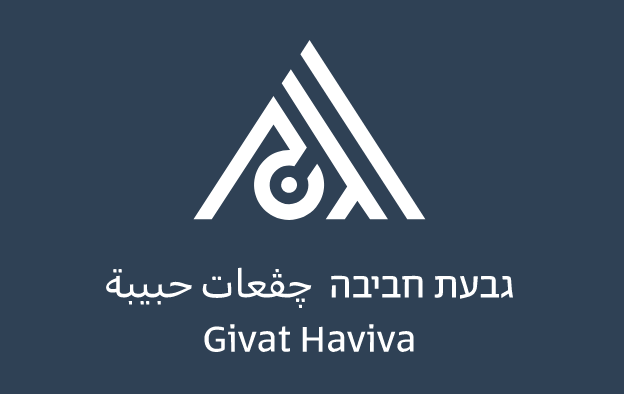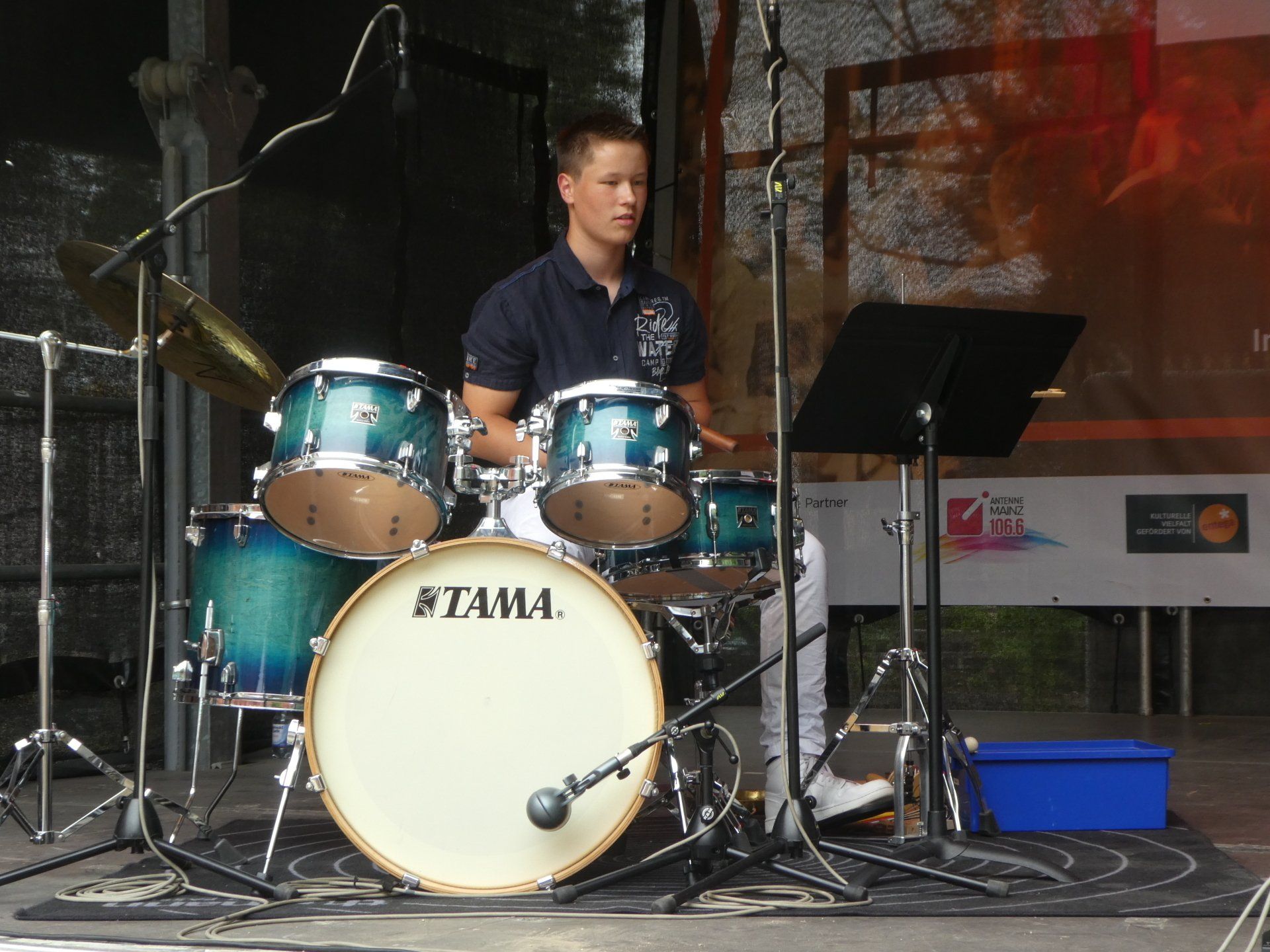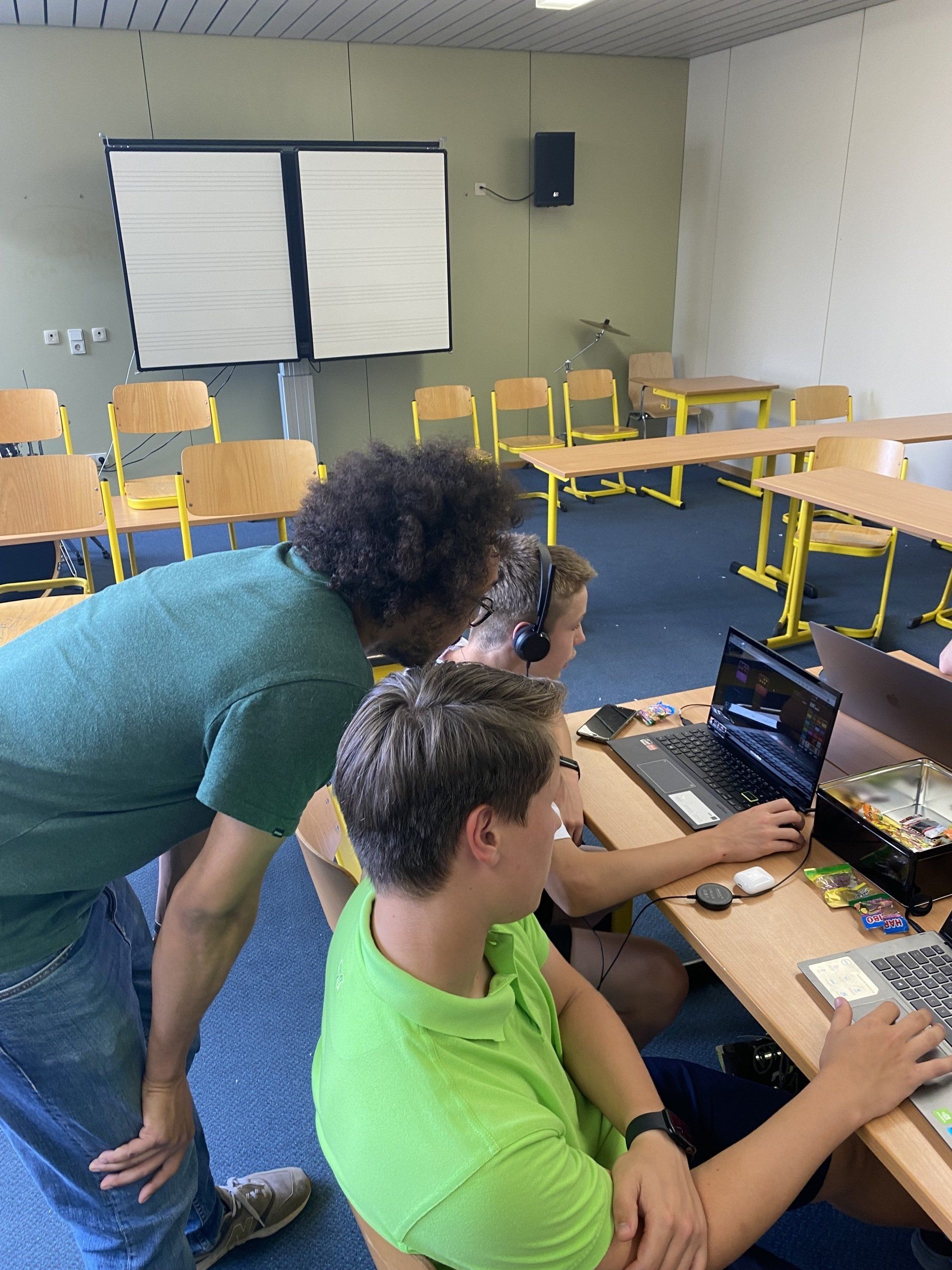Worldsounds
Ruth Ratter • 27. Juni 2020
Netzwerk aus Text und Ton für Musikbegeisterte aus aller Welt
Worldsounds | Soundworlds
A joint project of „Friends of Givat Haviva, Germany“, „Medien und Bildung“ together with
„Givat Haviva Israel“ and may be groups from Palestine.
Project Description:
Young people from Germany, Israel and Palestine create sound collages from their
respective environments. By means of smartphones they record sounds and statements
regarding socially relevant subjects thus entering into worlds strange to them. They use
music and sound as global languages.
In the different phases of the project experienced guides will lead and accompany them, from
the quest for sounds through recording and arrangement of the sounds. The final result will
be a hybrid collage from the various sources.
In a final 2-weeks workshop they will be given an opportunity, by means of video messages,
of reporting on themselves and their lives, and share this with youths from the other
countries. It is envisaged that such podcasts will continue beyond the duration of the project.
Goals and objectives
Main objective: Young people from Palestine, Israel and Germany get access to the way of
living and socially relevant conditions in countries unknown to them.
1. To start with the youths formulate their expectations of the project; participants
develop their own questions and main points of interest thus providing components
for the following phases of the project. They learn how to formulate their own
expectations and those of others and to negotiate ideas and options.
Questions like the following might arise:
What do I expect from project participants?
What is our common interest?
In what way are our daily lives different?
How can we democratically shape our project?
What is our real interest in the lives of the people in our partner countries?
What’s the fun in our lives?
What role do sports and music play in our lives?
How do I live, and how do you?
What are our places of interest?
How can I take part or show interest in the political life in my country, in the world?
How do I deal with the worldwide challenges of our times, like the environment,
climate change, plastic waste, the Corona virus?
What can we achieve together?
2. Participants develop an increased interest in social or cultural problems and themes.
They develop a better understanding of such categories as place and space
constitute and structure social and economic classes in their connection to networks
and relationships.
3. The participants learn basic recording- and sound processing techniques.
4. They train their own perceptivity and sensitivity.
5. They learn how to formulate, exchange and question their own attitudes.
6. They look for solutions to social and political problems and learn how to not only see
n differences in positions as obstacles to agreement. These differences should not only
be covered but enhance their own reflections and tolerance.
Activities
Workshop, Week 1 (preparation, introduction, collection of material)
in the participating countries; in case of sufficient funding this can be done in a group of
leaders in Israel and Palestine; videoconferences or Skype are alternatives:
- Getting areas of interest, expectations from interested youths
- Teaching recording and audio techniques
- Location scouting and meeting with statement partners
- Collecting sounds and spoken words, recording, editing and exchanging them
- Recording of video messages, alternatively, podcasts
- Video conferences (Skype?) for solving open questions.
Workshop, Week 2 (visit of guests, composition of sounds) within a bigger event (Week of
Democracy, Remembrance Day etc. )
- Guests and hosts report on their countries (questions and discussions)
- Guests and hosts show video statements, present sounds and statements)
- Guests and hosts report on their social lives
Sounds and samples are merged and edited
Sound collages and video messages / podcasts are presented.
Important: Expected duration of the project: 3 years.
Each year different groups of young
people may be involved.
In 2020 young people aged 16 to 19 should, if possible, take part in
the workshops. The two workshops are planned to be a few weeks apart so that material can
be processed with the participants‘ involvement.
Givat Haviva will host the project in its „Art Space“ and computer classroom on their campus.
In Germany vocational schools (in their job-preparations year) and youth organizations
should be contacted. „Medien und Bildung“ will be responsible for media training, „Friends of
Givat Haviva, Germany“ for contents. Groups (as „Friends of Roots“) could also establish contact with
young adults in Palestine. The groups should consist of 8 to 15 persons including two
leaders each.
It is the explicit aim to facilitate an exchange of the three groups involved with participants in
the foreign countries. This will be done through various media channels; personal contacts
are envisaged. Owing to the complicated situation in the Near East and the present medical
problems it seems advisable to plan a coordinating and founding meeting in Germany.
Whether all participants can attend in person has to be seen. Another option is video
messages within the framework of a meeting in Rheinland-Pfalz preparing for a conference
in Givat Haviva next year.
Deidesheim, June 2020 Ruth Ratter, Givat Haviva Deutschland e.V.
NETANJAHU, SCHON WIEDER! Was die neue Regierung für Israel und Deutschland bedeutet Aufzeichnung vom Dienstag, 20. Dezember 2022 | 18.30 Uhr Haus am Dom Domplatz 3, Frankfurt am Main Podiumsdiskussion mit - Dr. Claudia Baumgart-Ochse, - Ahmad Mansour und - Prof. Dr. Meron Mendel, - moderiert von Esther Schapira







